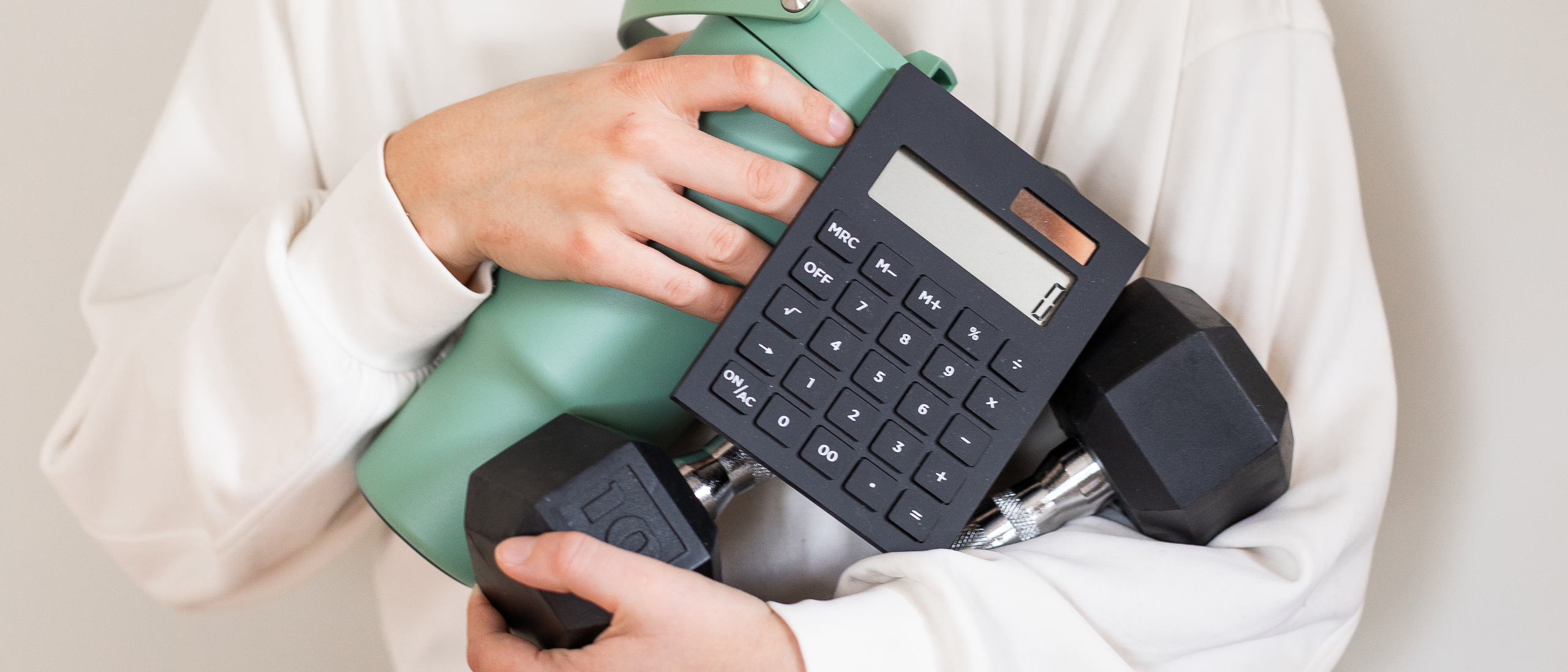Healthcare is expensive, but it’s a cost that most of us can’t avoid.
To make sure they have money set aside for out-of-pocket medical expenses, many people have a Health Savings Account (HSA). If you’re one of those people, then don’t stop reading because today I’m sharing a way to invest your HSA funds for a triple tax-advantaged strategy.
Should I have a Health Savings Account?
First things first, let’s talk for just a minute about why many people have an HSA. If you’ve had to run to the ER or even a simple doctor’s appointment lately, then you know that even if you do have health insurance, you can often wind up paying a few hundred dollars in medical bills after a single visit. Even if you’re fortunate enough to be healthy and stay out of doctor’s offices, that doesn’t mean you shouldn’t have a plan for covering your deductible for routine medical expenses or unplanned emergencies. This is where an HSA can come in handy.
Since money set aside for health care costs needs to be accessible and safe, many people turn to an HSA as a dedicated way to save for medical expenses throughout the year. Some employers offer an HSA option (and some will match your contributions up to a certain amount!), or you can open one on your own.
Can I have a Health Savings Account?
Qualifying for an HSA has several guidelines, such as:
- You must be younger than 65 years old,
- You must have a high-deductible health insurance plan that meets the minimum deductible and the maximum out-of-pocket thresholds for the year, and
- You must not have any disqualifying alternative medical savings accounts (like a Flexible Spending Account or a Health Reimbursement Account).
Many people think you can only start an HSA through your employer, but as long as you meet these guidelines, you can likely start one on your own. Regardless of whether you set up an HSA through an employer or individually, that account—and more importantly, the money in it—is yours. The money in your HSA rolls over each year, so while there are annual contribution limits, you’ll still have access to any leftover money from previous years.
If you leave your job, you can roll the money into your new employer’s plan (if they have one) or you can keep it as is. However, keep in mind that there might be fees associated with leaving your money in an employer’s plan if you’re no longer employed there.
How Can My Investing My HSA Funds Be Triple Tax-Advantaged?
Alright, now that you know the whos and whys of HSA, let’s get to the exciting part. Since the money in an HSA rolls over each year, investing your HSA funds can be a triple tax-advantaged strategy. Here’s how this works:
For the year 2021, individuals can contribute up to $3,650 and families can contribute up to $7,300 to an HSA. Plus, if you’re 55 or older, you can contribute an additional $1,000 a year. These contribution limits can change, but the general idea is to be able to save the amount needed to reach your deductible. That money is deposited into an HSA pre-tax (which lowers your taxable income), and when invested, that money grows tax-free. This is the first tax advantage.
Next, you won’t pay taxes on gains if you sell an investment inside your HSA, and when you take the money out of the account for a qualified medical expense, you’re not taxed on it as ordinary income or capital gains. That’s the second tax advantage.
Finally, to add a bonus to a bonus, once your HSA is established, you can pay for qualified medical expenses out of pocket, save your receipts, let your HSA funds continue to grow, and cash out those receipts at any time (even years later).
How Do I Get My Money Back Out of My HSA?
Many people wonder what will happen if they don’t have enough qualified medical expenses to pull all the money out of their HSA, but there’s no need to worry about that. Here’s why: at retirement (after 65), HSA funds can be used for non-medical expenses without penalty. In this case, the money will just be taxed as ordinary income.
Additionally, once you have an HSA, you can keep it even if you’re no longer covered by a high deductible health insurance plan. You won’t be able to make any more contributions, but the funds will continue to roll over from year to year, and you’ll still be able to use the funds to pay for qualified medical expenses tax-free.
How Can I Invest My Health Savings Account Funds?
HSA funds can be invested into specific funds designated by a plan administrator. Remember that invested funds will be in the stock market, so any HSA money that’s invested is subject to the fluctuations of the market. Also, any money invested in funds isn’t immediately accessible for use, but you can sell investments in the fund and within a few business days (at most), those funds will be available to you.
Not all HSAs are created equally or have the same rules, so that’s something you should definitely spend time checking. Make sure you find a plan that fits your needs and goals. Some plans require you to keep a certain amount in cash or have a certain balance in the account before investing funds becomes an option. Others let you invest from the first dollar and don’t have a minimum required amount.
Even if you’re allowed to invest your entire balance, if you don’t want to have to cover expenses out of pocket and get reimbursed later, you might want to keep some of your HSA balance as cash and invest anything over that desired amount. Other differences among plan administrators include transaction fees, fund fees, and management fees if that applies.
Investing your HSA funds isn’t for everyone. If you’re contributing an exact amount (or very close) to what you know you’re going to need to cover medical bills, then it’s probably not a good idea for you. Additionally, if you can’t or don’t want to risk having to contribute extra to cover the bills in the event the stock market—and therefore your HSA balance—drops, then keeping your funds safely in your interest-earning cash account inside your HSA is a safer choice. HSA funds in the stock market should be treated like any other money in the stock market: if you need it immediately, it’s best to keep it in cash.




